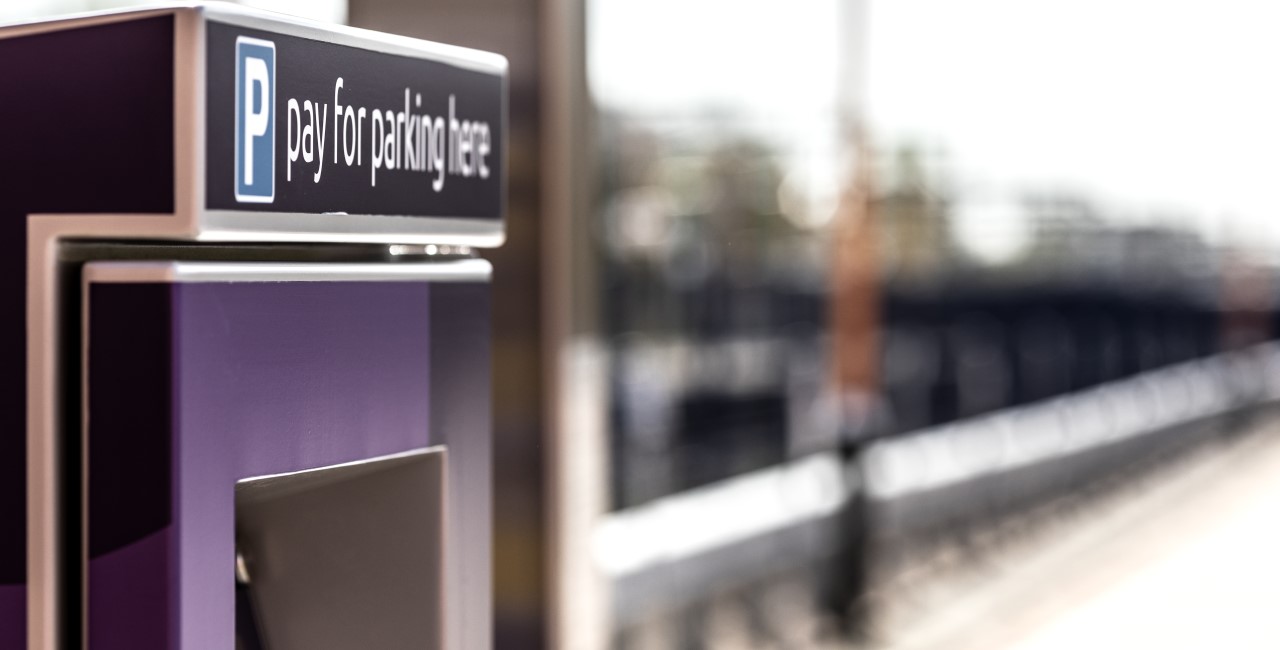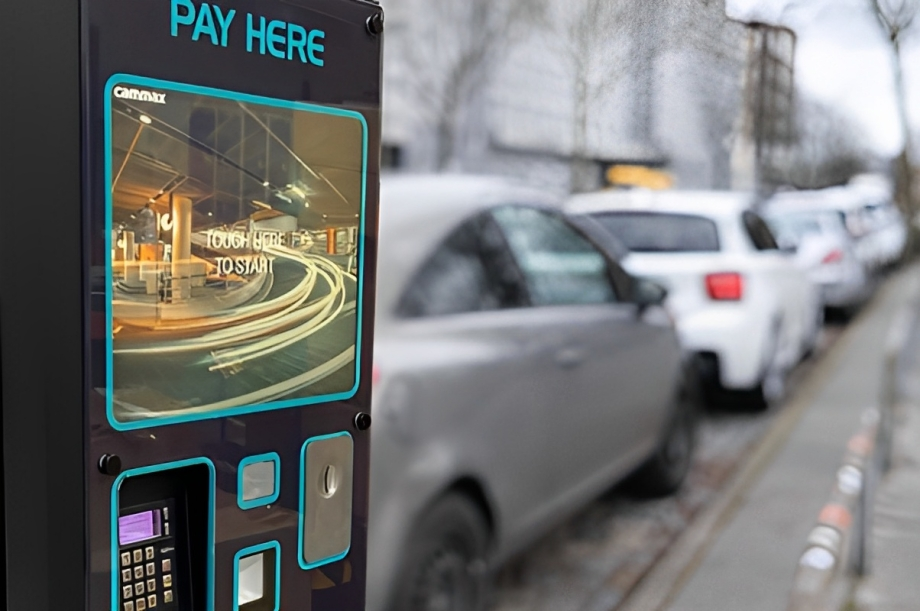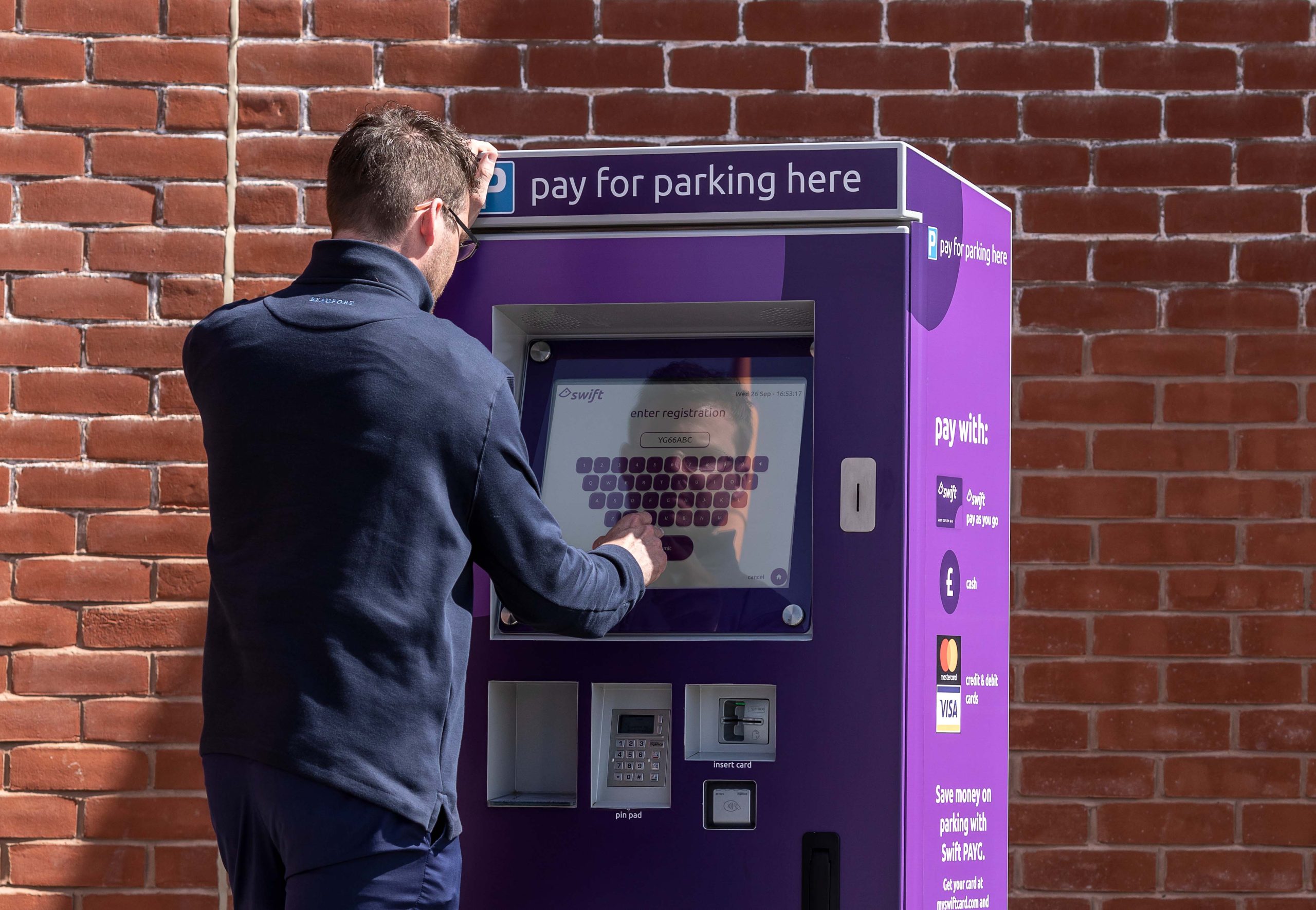
Parking payments app RingGo is under fire after drivers across the UK reported being charged more for using the service compared to traditional payment methods. The controversy surrounding the app, which operates in 17,000 locations and boasts 19 million users, has reignited a heated debate about the fairness and accessibility of digital parking solutions.
A recent investigation by MailOnline revealed a striking example of the issue: in Bicester, Oxfordshire, motorists using RingGo were charged £2 for an hour-long parking slot on Market Square, while the advertised council price was £1.70. The 30p discrepancy was attributed to a 20p “convenience fee” and a 10p text message “reminder charge”, sparking widespread criticism of the app’s hidden fees and unexpected charges.
As a result, RingGo’s reputation has taken a significant hit, with its average Trustpilot rating plummeting to a lowly 1.2 out of 5. Drivers have also lambasted the app as ‘terrible’ and ‘very buggy’, with a flood of complaints citing technical difficulties and a poor customer service experience.
The issues surrounding RingGo have brought to light broader concerns about the increasing prevalence of parking apps in the UK. While these digital solutions promise convenience and efficiency, they have also introduced a range of problems that affect various segments of the population.
One of the most significant criticisms of parking apps is their potential to exclude those who do not own or use smartphones, particularly the elderly. Kayleigh Scott, a 34-year-old staff nurse, highlighted this issue to MailOnline, stating that her father struggles to use and would find it difficult to park without assistance. This sentiment is echoed by many, including Caroline Abrams of Age UK, who argues that the shift towards app-based parking payments RingGo unfairly disadvantages older generations.
Martin Copson, a 79-year-old retired salesman from Melton Mowbray, warned that older people might give up on visiting the high street altogether if forced to use parking apps, in what could prove to be a further blow to Britain’s ailing town centres.
He stated, “It’s a generational thing, you are never going to convince the older generation to install an app for parking. If older people were forced to use an app, they wouldn’t go out or park on the high street, which would lead to a decline.”
Mr Copson added: “There’s a town that we go to and you either have to use an app or you get one hour free parking, so people will nip in for their essentials and not browse other stores. It’s seen a major decline in footfall because of the parking.”

Even for those comfortable with smartphone technology, parking apps can present frustrating challenges. Users frequently report difficulties when faced with poor mobile signal, which can prevent them from loading the app or extending their parking time. This can lead to unintended overstays and subsequent fines, causing frustration and further financial strain for motorists.
Kirsty Owens, a 44-year-old NHS worker from Washington, Tyne and Wear, shared her experience with MailOnline: “I’ve had problems with them before (parking apps) when I don’t have signal and then I can’t pay to park. Sometimes it asks me to change my password and the app won’t load, so you’re desperately trying to pay in the middle of the car park, which can be stressful.”
The increasing reliance on parking apps has also generated a new threat for motorists: more opportunities for scammers. There have been reports of fraudsters placing fake QR codes on RingGo signs to steal customers’ details. This has led to warnings from various councils, including East Sussex, Glasgow, and Westminster, about the potential for such scams.
Maria Grasso, a 67-year-old local parish councillor, fell victim to such a scam at Upper Warlingham railway station car park in Surrey. MailOnline reports that she inputted her card details into a fake parking website advertised on a poster, believing she had paid for parking. Later, she discovered she had inadvertently signed up for a media streaming service and had to cancel her debit card to prevent further fraudulent charges.
Despite the push towards digital payment solutions, there is strong evidence to suggest that many motorists still prefer traditional parking payment methods. A comprehensive survey conducted by Autocar earlier this year revealed a striking preference for conventional payment options among UK drivers. The results showed that more than four in five drivers prefer using parking payment machines that accept cash or contactless card transactions.
Unsurprisingly, this preference is particularly pronounced among older demographics, with a separate poll commissioned by The Mail finding that more than half of over-65s feel uncomfortable using parking apps like RingGo and PayByPhone.
Mark Tisshaw, Autocar editor, commented on the survey results, saying: “Parking apps provide councils with cost savings compared to pay-and-display machines, but our data proves how unpopular these apps can be. The British public clearly believe there are simply too many of them and they can be very complicated to use.”
The enduring popularity of traditional payment methods can be attributed to several key factors. Cash and card payments are inherently more reliable, which reduces the risk of technical issues preventing payment. Physical parking payment machines typically display clear pricing information without hidden fees or additional charges, providing users with immediate and visible confirmation of their transaction. This transparency is highly valued by motorists who appreciate knowing exactly what they’re paying for without any surprises.
Traditional methods also offer simplicity that digital alternatives often lack. They don’t require downloading multiple apps or navigating complex interfaces, making them accessible to all users regardless of technological proficiency. This inclusivity ensures that all members of society, including those without smartphones or with limited data plans, can easily pay for parking. Moreover, cash and card options address privacy concerns as they don’t require sharing personal or financial information through digital platforms.

The controversy surrounding parking apps has sparked calls for government intervention. Last year, then-Levelling Up Secretary Michael Gove intervened in the debate, highlighting the importance of inclusive parking solutions. Gove wrote directly to council chiefs, emphasising that high street parking should not be ‘solely available for those who have access to a mobile phone’.
With the recent election of a Labour government, advocates for parking payment machines that accept cash and card are looking to the future with renewed hope. Many are optimistic that the new administration will be sympathetic to their calls for more inclusive parking payment solutions. These advocates argue that maintaining diverse payment options is essential for supporting local economies, ensuring accessibility for all demographics, and preserving the vitality of town centres.